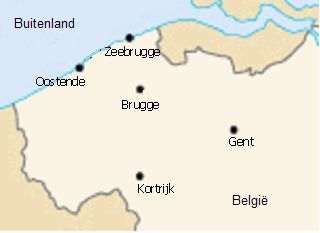Blog
De link naar blog 1: https://laureninzuidafrika.wordpress.com/
De link naar blog 2: https://glennscheerlinck.wixsite.com/zuid-afrika
De link naar blog 3: https://janam5.wixsite.com/janainzuidafrika
De link naar blog 4: https://liengyselynck.wixsite.com/lieninzuidafrika


